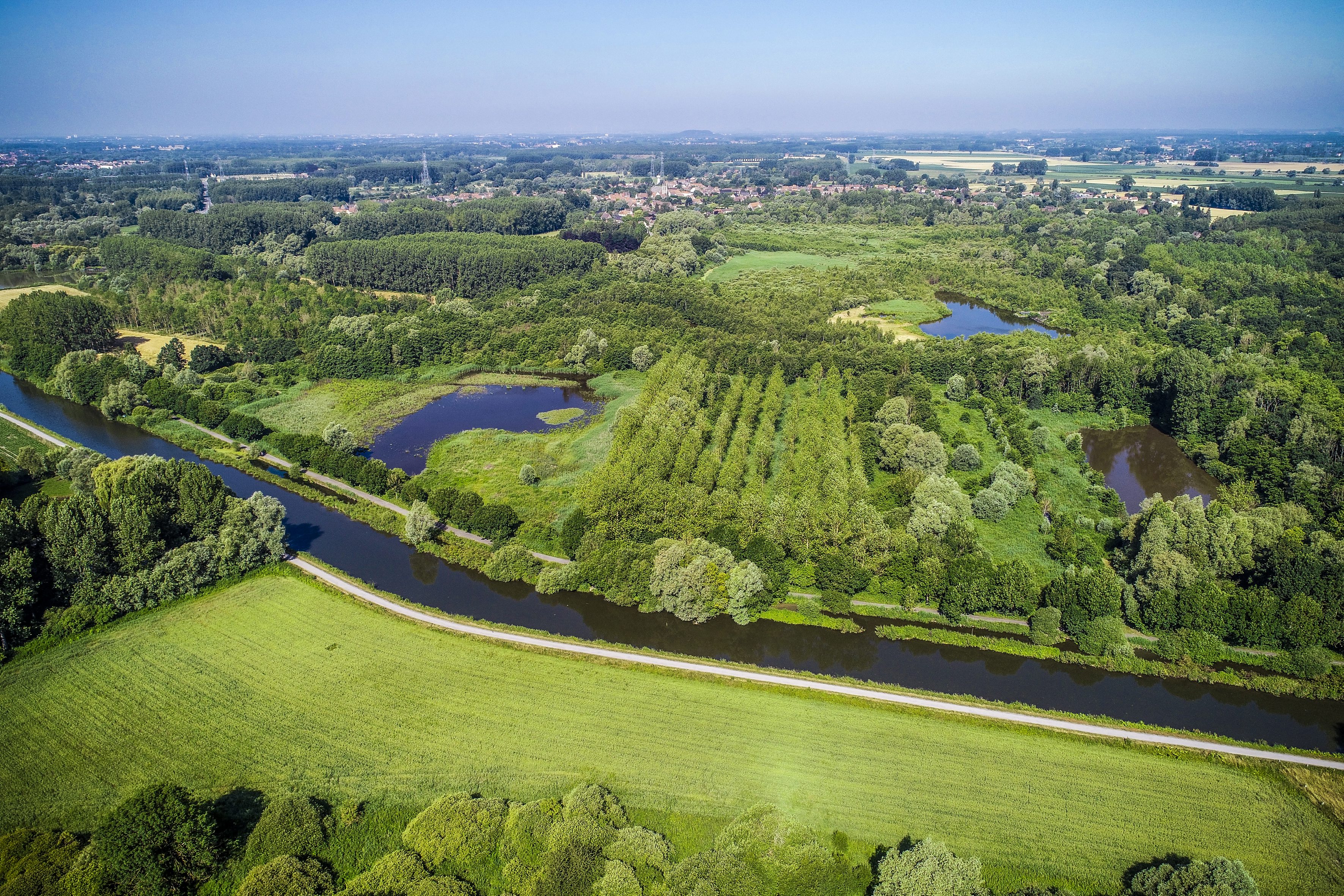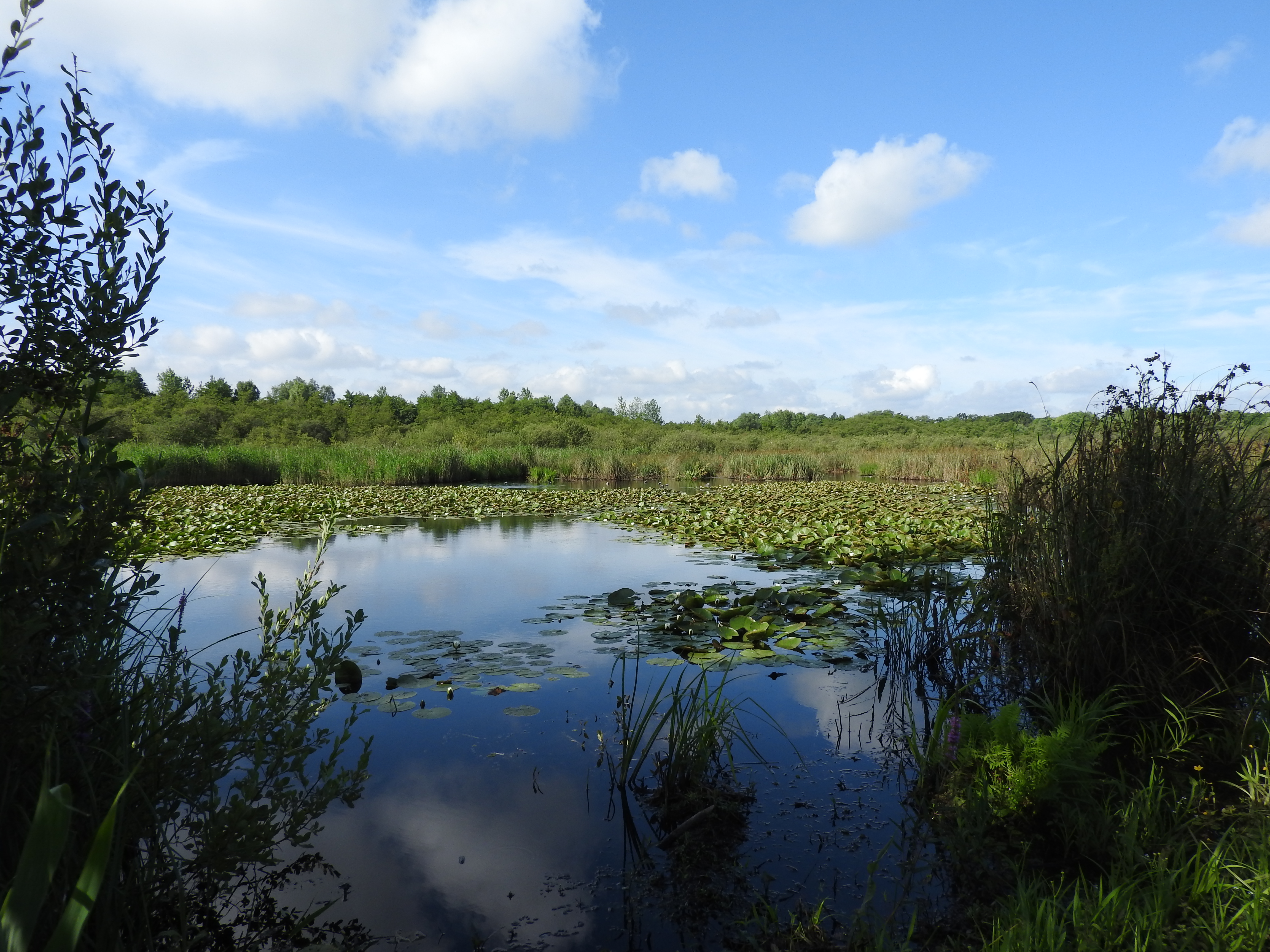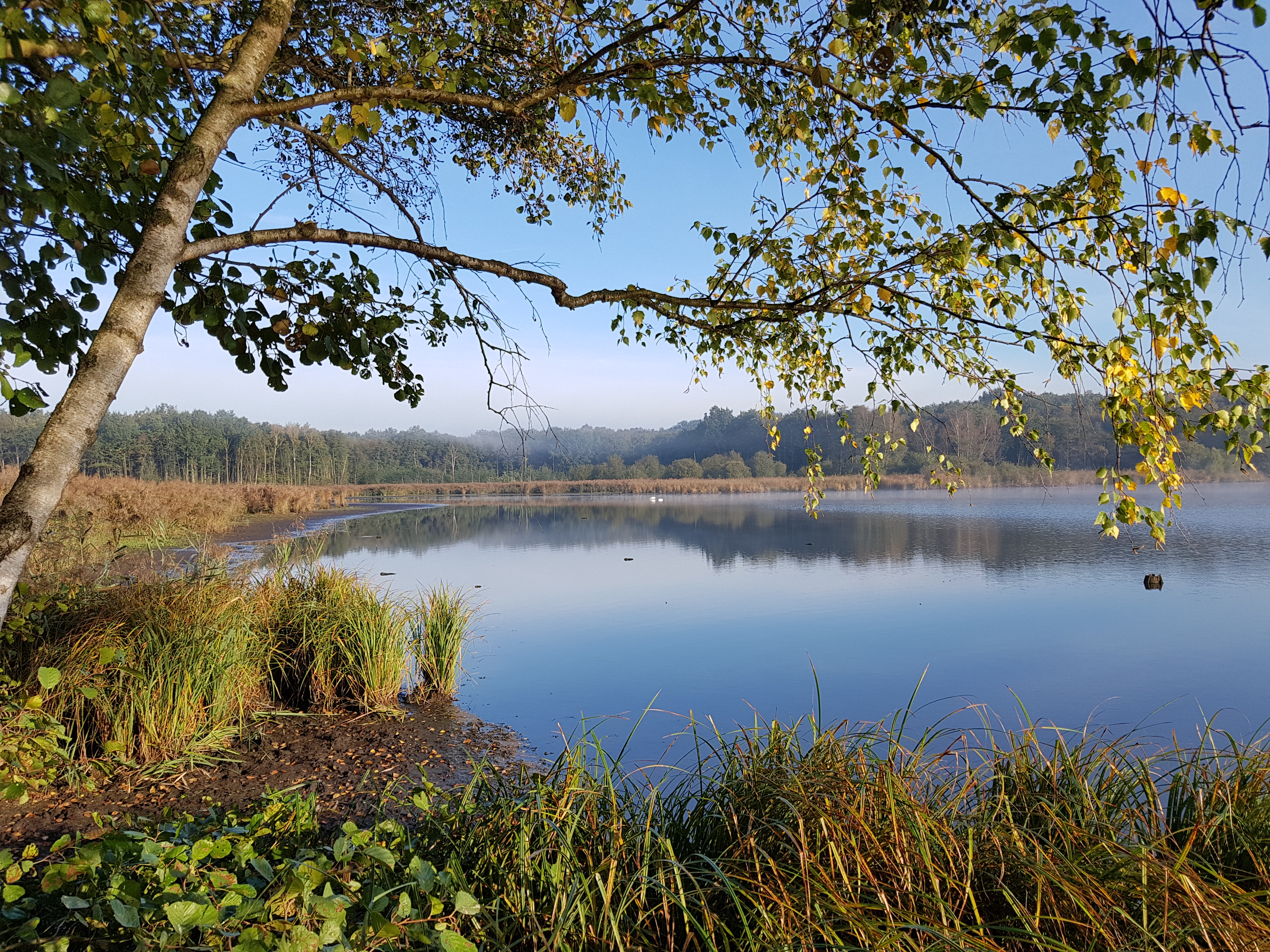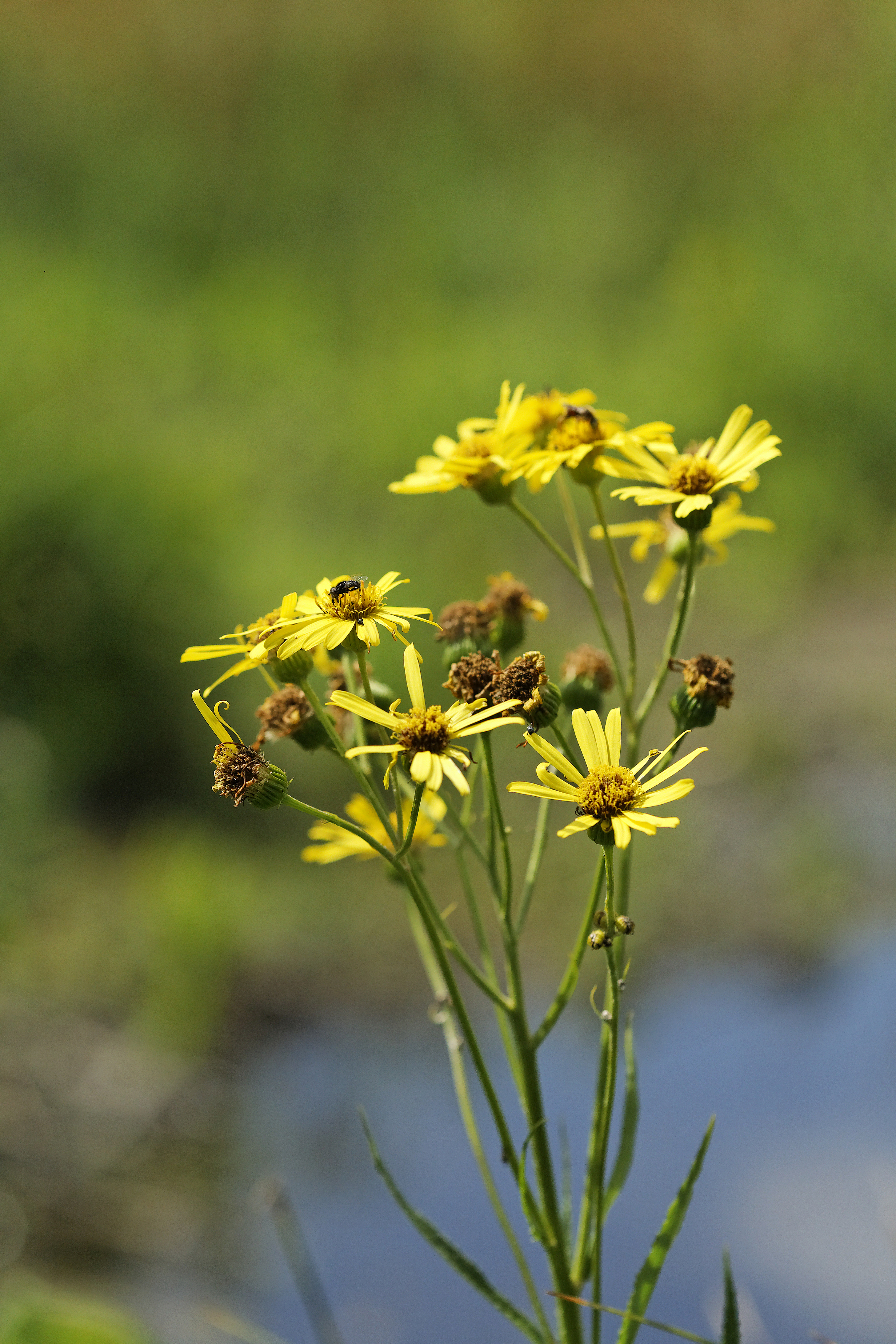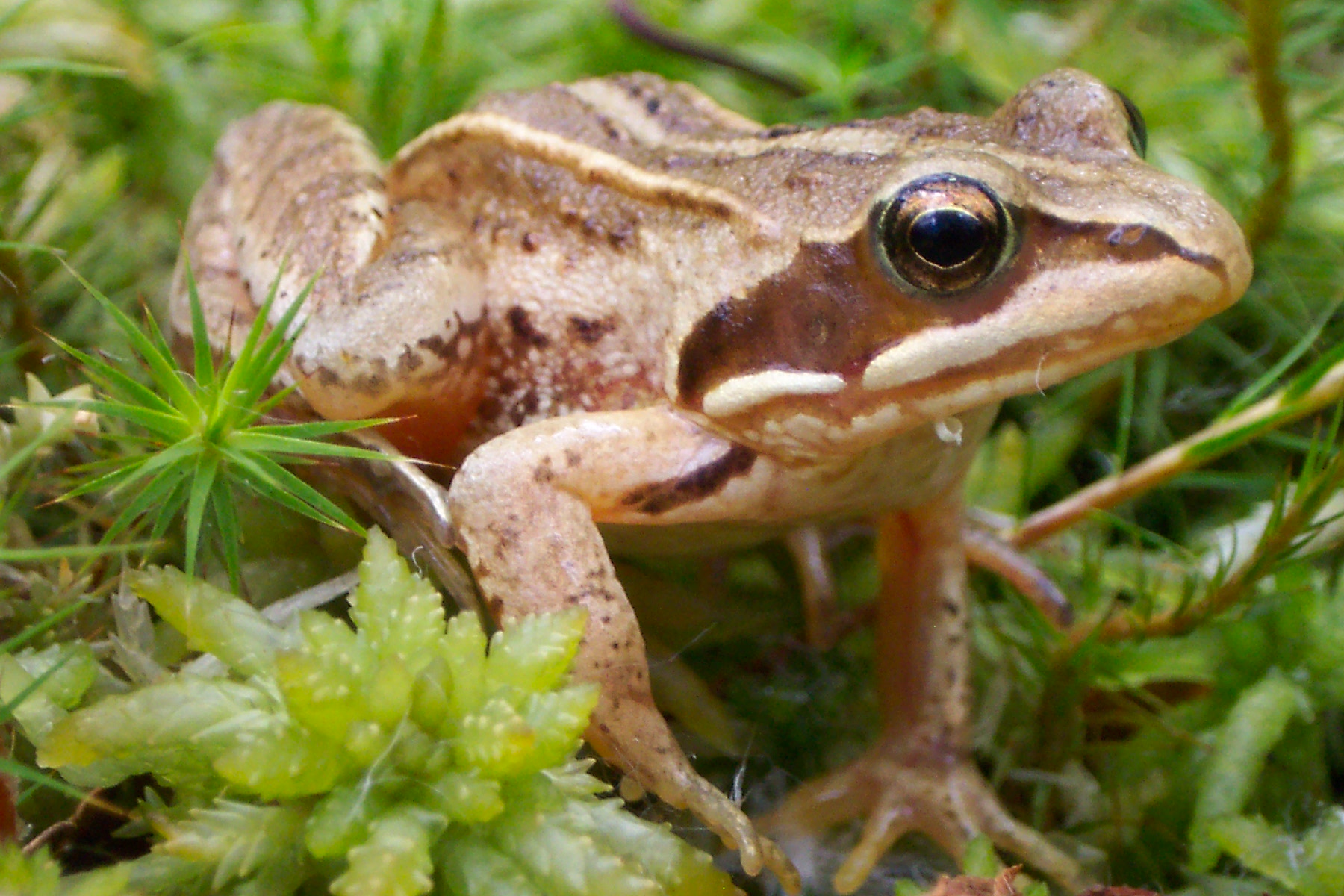Vallées de la Scarpe et de l'Escaut
- Country:
- France
- Site number:
- 2405
- Area:
- 27,622.0 ha
- Designation date:
- 02-02-2020
- Coordinates:
- 50°25'58"N 03°25'27"E
Map
Photos
Overview
Situated adjacent to the border with Belgium, Vallées de la Scarpe et de l’Escaut is a complex of connected ponds, marshes, canals, peat bogs, alluvial and swamp forests, rivers, streams and aquifers, which lies between the Scarpe and l’Escaut rivers. Some of the larger water bodies are of anthropogenic origin, as they were created by the collapse of old mining complexes. The natural and also the human-made areas provide habitats for nesting and migrant birds, and the wetland also hosts diverse fish and amphibians. Several species are listed as nationally or internationally threatened. Among these are the critically endangered European eel, the moor frog (Rana arvalis), of which half of the national population is found in the Site, and the vulnerable aquatic warbler (Acrocephalus paludicola). The wetland is also important for its water purification, storage and hazard reduction functions, which benefit over 300,000 people living around the site. Notable threats include drainage, agriculture, urbanization and overuse of the natural resources of the site.
Administrative region
Global international designation
- World Heritage site
National legal designation
- Réserve Biologique Domaniale - RBD Les Breux
- Réserve Biologique Domaniale - RBD Mont des Bruyères
- Réserve Biologique Domaniale - RBD Sablière du lièvre
- Réserve Biologique Domaniale - RBD de Bassy
- Réserve Biologique Domaniale - RBD de la Mare à Goriaux
- Réserve Biologique Intégrale - RBI de Cernay
- Réserve Naturelle Régionale - Tourbière de Vred
- Réserve Naturelle Régionale - Pré des Nonnettes
- ZNIEFF de type 1
Regional (international) legal designations
- EU Natura 2000
Last publication date:
Download
Ramsar Information Sheet (RIS)
- FR2405RIS_2002_fr.pdf
- FR2405_map181203__localisation.pdf
- FR2405_map181203_1__perimetre.pdf
